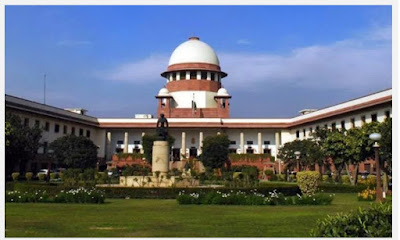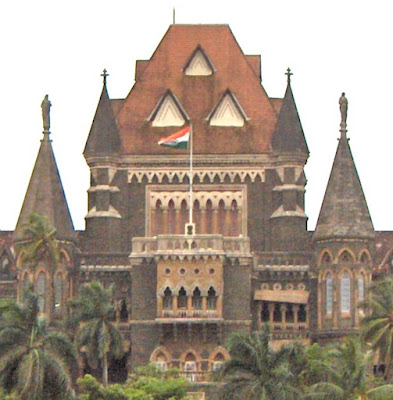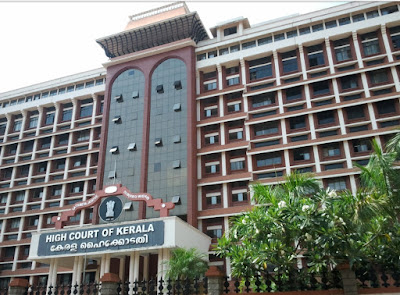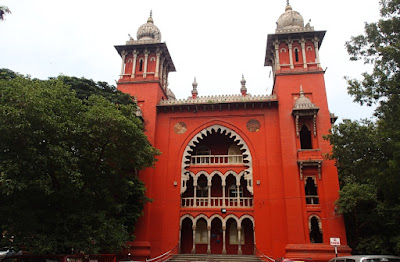Upholding the decision of the Punjab and Haryana High Court, a bench of the Chief Justice Dipak Misra, A.M.Khanwilkar and D.Y.Chandrachud of the Supreme Court held that a "woman requires no express or implied consent of the husband for getting pregnancy terminated under the Medical Termination of Pregnancy Act" and accordingly dismissed a man's petition seeking damages from his estranged wife for undergoing an abortion without his consent.
In the present case the couple got married in 1994 and had a son in 1995. But due to conflict, the wife and son had been staying with her parents in Chandigarh since 1999. During the pendency of the wife's petition seeking maintenance under Section 125 of Cr.P.C. the Lok Adalat in Chandigarh had directed the couple to live together in the husband's house in Panipat. In November 2002, they started living together and in January 2003 the wife discovered that she was pregnant
But as the relationship showed no signs of improvement, and became more bitter, the wife wanted to terminate the "unwanted" pregnancy, which was objected by the husband and as such he refused to sign the clinical papers for medical termination of pregnancy but the woman went forward with the abortion at a Chandigarh hospital.
As the pregnancy was less than 12 weeks old, the doctors terminated the pregnancy with the sole consent of the mother.
The man then filed a civil suit in Punjab and Haryana High Court against his estranged wife, her parents, and brother, and the doctors for recovery of Rs 30 lakh towards damages on account of mental pain, agony and harassment. He contended that the termination of pregnancy without any medical need and without the consent of the unborn child's father was illegal under the MTP Act.
Rejecting the contention, the Punjab and Haryana High Court held that
" In the present case, the wife knew her conjugal duties towards her husband. Consequently, if the wife has consented to matrimonial sex and created sexual relations with her own husband, it does not mean that she has consented to conceive a child. It is the free will of the wife to give birth to a child or not. The husband cannot compel her to conceive and give birth to his child. Mere consent to conjugal rights does not mean consent to give birth to a child for her husband. The wife did so in order to strengthen the matrimonial ties. "
" The wife is the best judge and is to see whether she wants to continue the pregnancy or to get it aborted. When the husband has no right to compel her wife, not to get the pregnancy terminated, he has no right to sue her wife for compensation."
The Court added
“ Nobody can interfere in the personal decision of the wife to carry on or abort her pregnancy which may be due to the reason that an effort to live together under one roof has failed. A woman is not a machine in which raw material is put and a finished product comes out. She should be mentally prepared to conceive, continue the same and give birth to a child. The unwanted pregnancy would naturally affect the mental health of the pregnant woman."
And thus held that
Keeping in view the strained relations between
the husband and wife, the wife's decision to terminate the unwanted fetus was
right. The termination of pregnancy had not soured the relations between the
two... So, keeping in view the legal position, it is held that no express or
implied consent of the husband is required for getting pregnancy terminated
under the (Medical Termination of Pregnancy) Act."
The Court also held that
" She is a mother and an adult who says she did not want the pregnancy. How can she or others be made liable for it....How can parents and doctors be made liable?"
The HC had also directed the husband to pay a sum of Rs 25,000 to every respondent.
The Supreme Court upheld the above decision of the High Court.
















